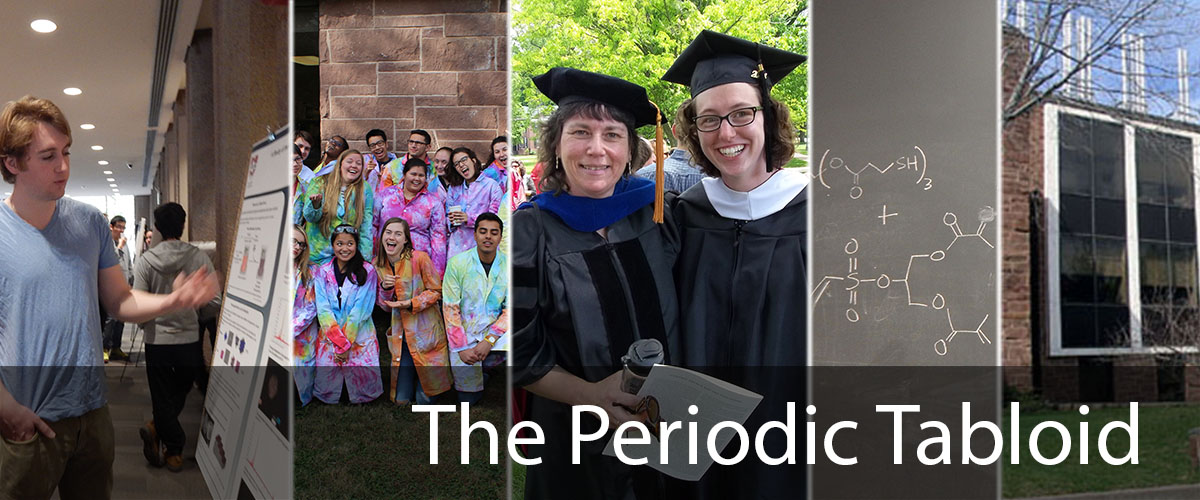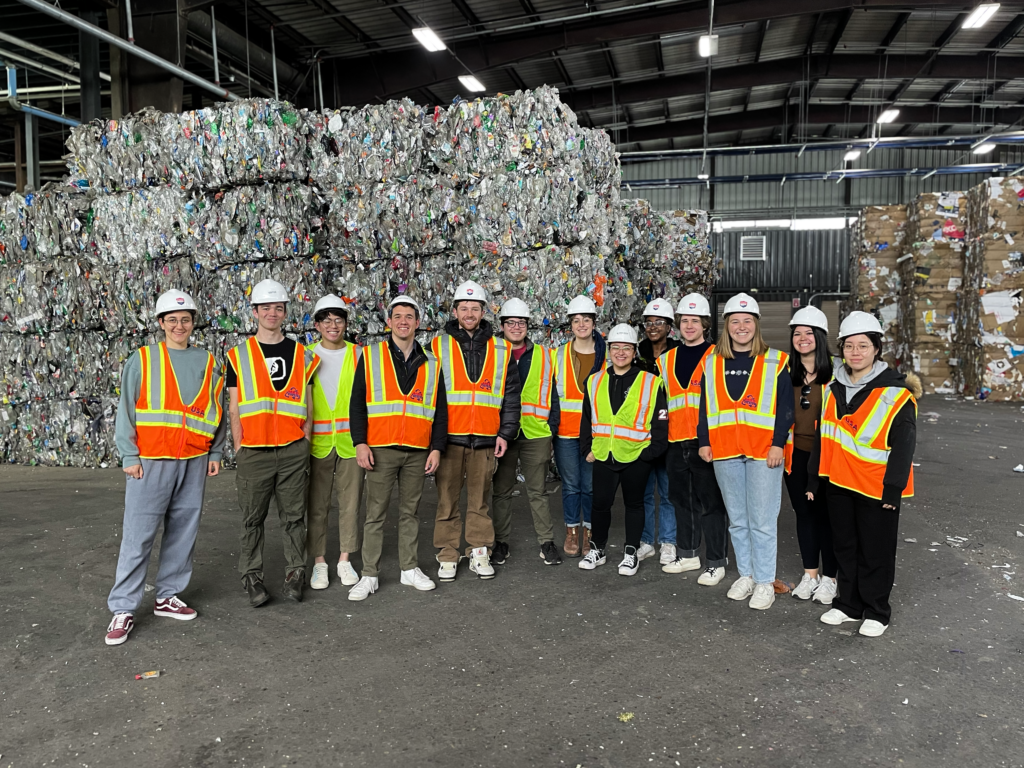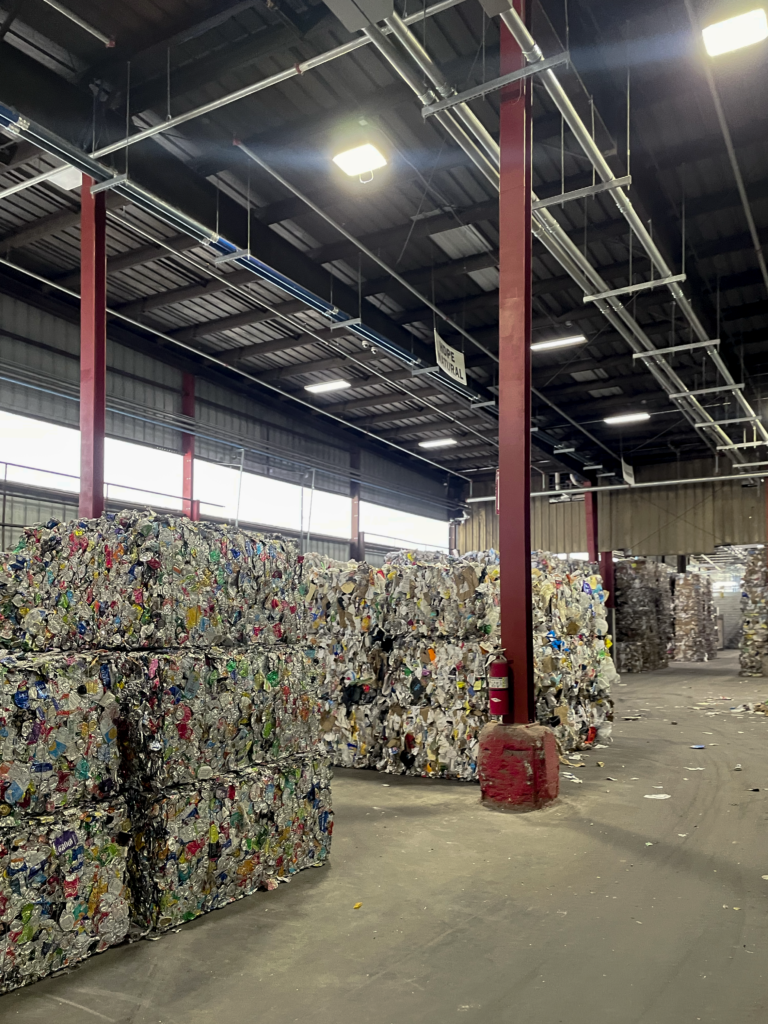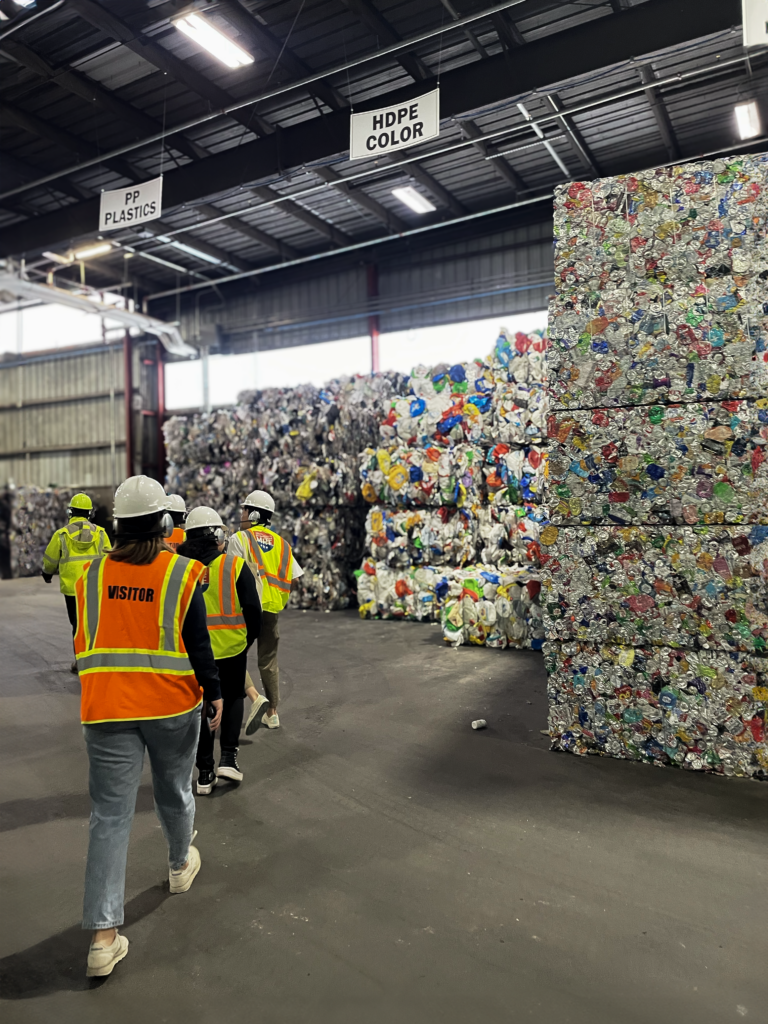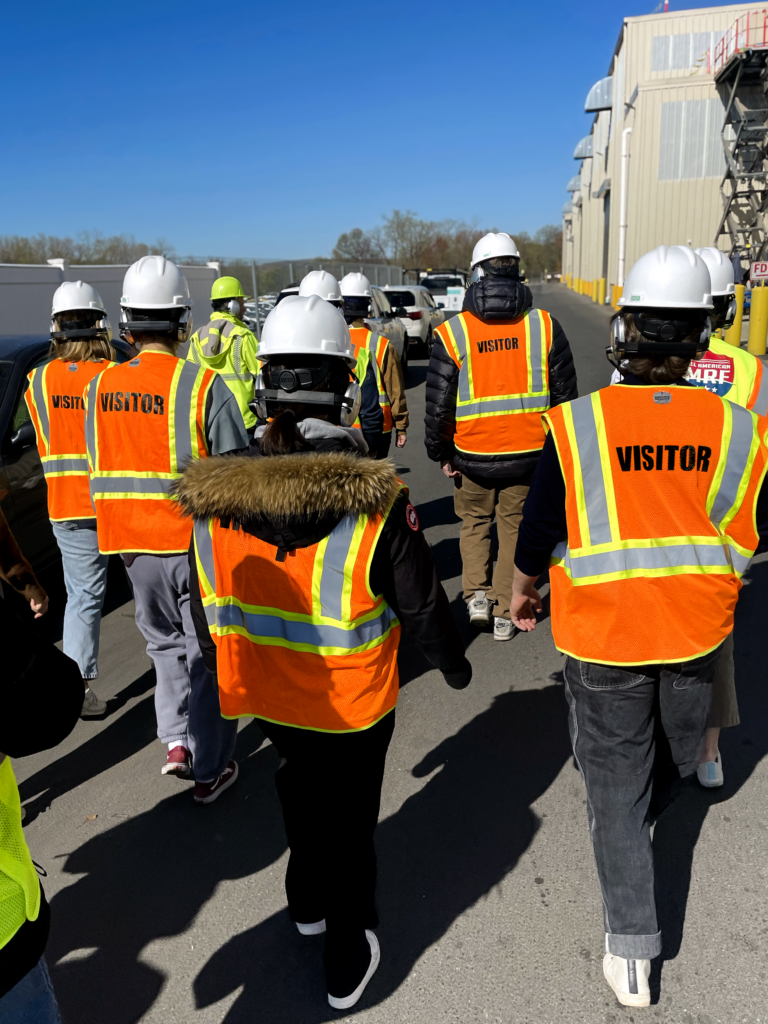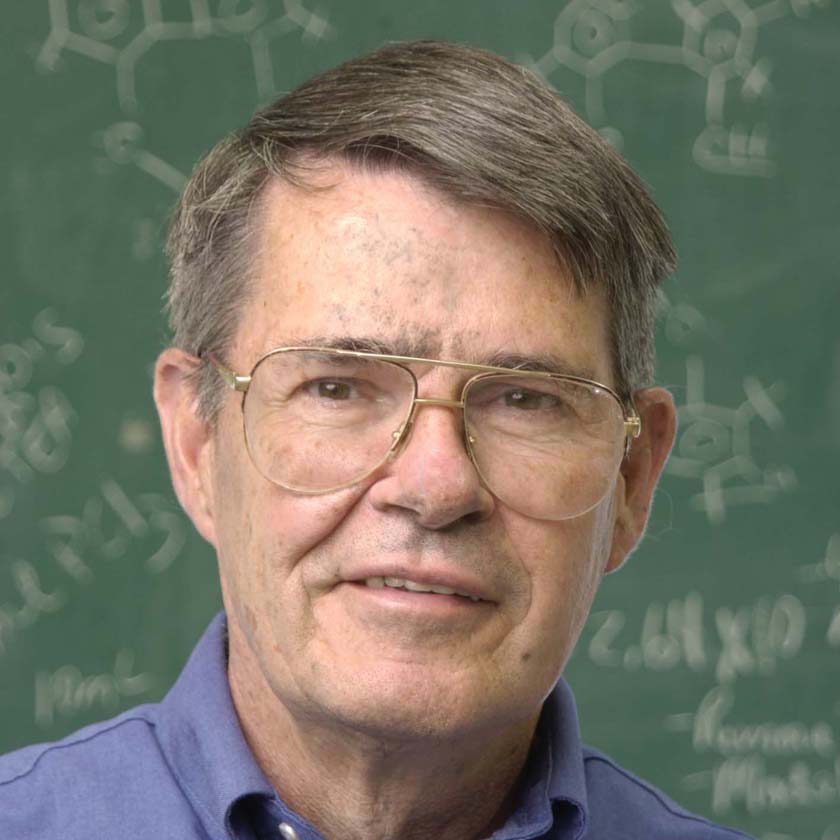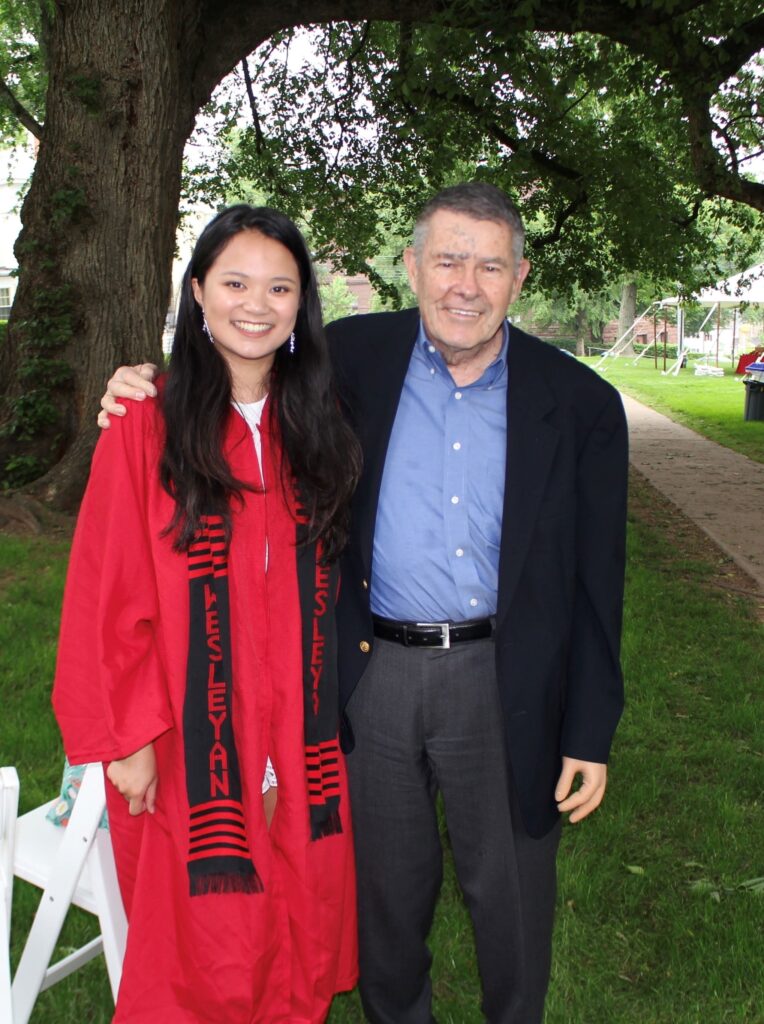Internationalizing Chemistry
“This past year (2023-24), the Wesleyan community was enriched by the presence of our first-ever Fulbright Scholar-In-Residence (S-I-R), Dr. Pawan Sharma from Kurukshetra University in India. The S-I-R program aims to promote campus internationalization by bringing scholar-teachers to campus for either a semester or a whole academic year; as Fulbright explains on its website, “S-I-Rs work across departments and curricula in a variety of ways to widely enhance or expand an existing international program, develop new world area studies programs, add an international dimension to existing coursework or provide an opportunity for U.S. students to learn about a particular world region or country.” Wesleyan is able to submit one application per year to participate in this program. In the Spring of 2022, Professors David Westmoreland (then Chair) and Brian Northrop (now Chair) of Chemistry proposed that their department could benefit from an S-I-R, and worked with Wesleyan’s Grants Office and the Fries Center for Global Studies to submit the grant application that ultimately brought us Dr. Sharma.

As Dr. Sharma’s time at Wesleyan draws to a close, he had an opportunity to sit down with Prof. Northrop and reflect together on how the year has gone. What does it mean to “internationalize” chemistry?
In some contexts, internationalization might mean bringing new languages or new cultures to bear on a field, but things are different in a field like chemistry. In some sense, chemistry is the same the world over. What Sharma and Northrop discovered, though, was that subtler differences in experiences and perspectives can still lead to fruitful learning opportunities. Sharma noted how even when the “same” pedagogical techniques are used in India and in the US, different expectations and backgrounds of students can lead to different outcomes. In Sharma’s view, these differences are something like different flavors, each with their own values, and by blending and balancing them, the result can be even better pedagogy. He offered the example of “cold calling,” which some of his Wesleyan students initially found to be intimidating. Sharma worked to understand their perspective and to allow them to see that this technique enabled them to show what they had learned (sometimes almost subconsciously). Sharma’s two courses were each very successful, each offering content that had not previously been offered by the department.
Northrop emphasized that starting at a department retreat that occurred soon after Sharma’s arrival, Sharma has been able to offer quite different perspectives on the ways that chemistry can be taught — which courses are required as opposed to electives, what order topics are taught in, and so on. “Internationalizing chemistry” thus means, at least in part, taking a step back from the way things are typically done at Wesleyan, or in the U.S., and reflecting on whether blending in other approaches might make even more sense.
Sharma also mentioned key things that he had learned about Wesleyan and more generally about higher education in the U.S. For one example: in India, elite schools are all public, whereas private colleges and universities tend to be smaller, newer, and (at least in the sciences) less rigorous. This influences the assumptions that India faculty, students, and prospective students start out with when they learn about Wesleyan: that is, they assume it will be less rigorous. Figuring out a way to change this narrative may help with graduate and even undergraduate recruiting in India. Finally, it is worth noting that Sharma’s internationalization activities also extended beyond the Chemistry Department. He gave and attended talks both at Wesleyan and regionally, some of them on topics of broad interest like the ozone hole and climate change. He also participated in an Intercultural Fair at Middletown’s Russell Library for area kids, and enjoyed volunteering to serve students Thanksgiving dinner and at the Amazing Grace Pantry. In all, Dr. Sharma has been an exemplary member of the Wesleyan community, and we are very grateful to have been able to host him.”
The article can be found here.

